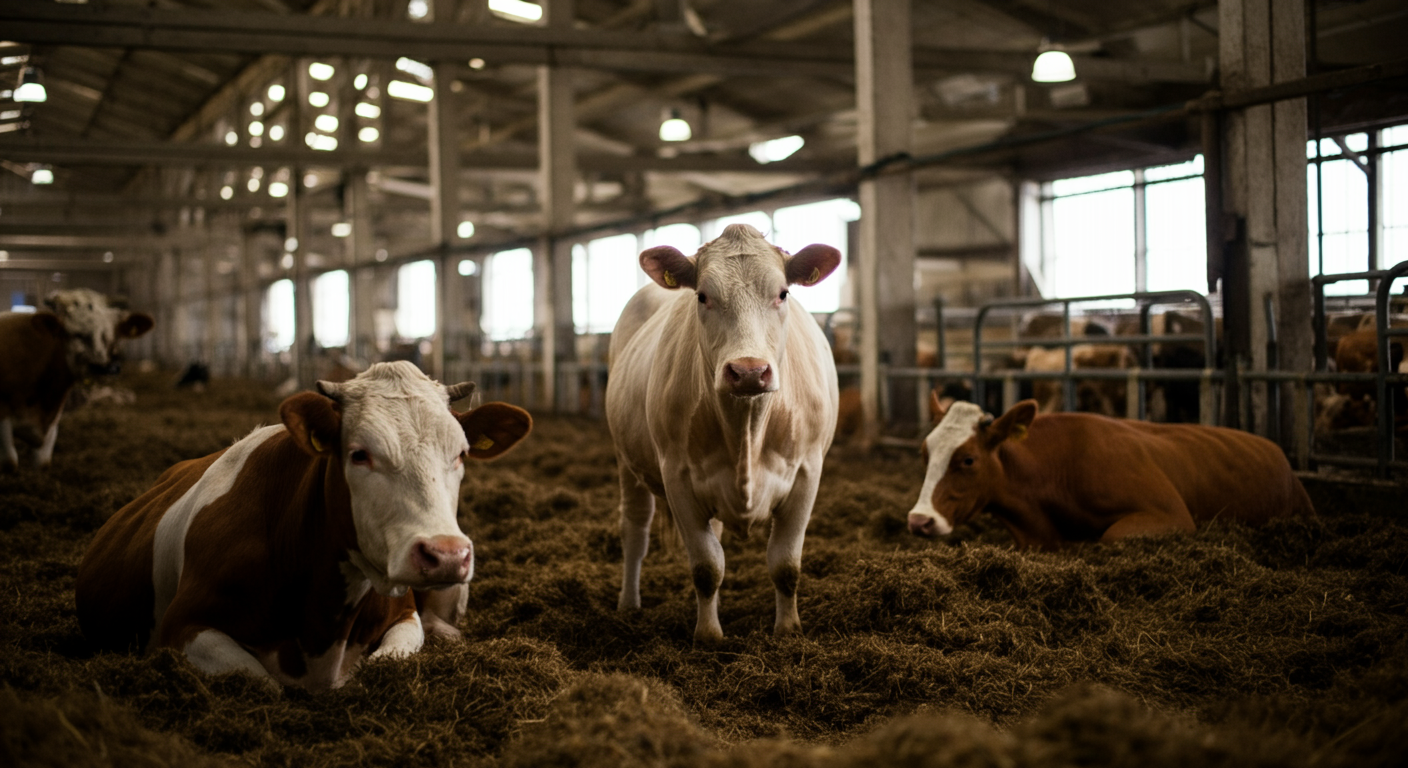Ethical Concerns in Industrial Farming: A Thoughtful Exploration
Modern industrial farming has revolutionized food production, allowing us to feed billions of people efficiently. Yet, beneath its productivity lies a web of ethical concerns that deserve our attention. From animal welfare to environmental degradation, the practices of large-scale agriculture raise important moral questions.

The Welfare of Animals
One of the most pressing ethical issues in industrial farming is the treatment of animals. To maximize efficiency, many farms confine animals in crowded, unnatural conditions. Chickens, pigs, and cows often live in spaces that restrict movement, denying them the ability to engage in natural behaviors.
The use of growth hormones and antibiotics to accelerate growth and prevent disease in these conditions further complicates the matter. While these practices may boost output, they can lead to suffering, chronic health issues, and the rise of antibiotic-resistant bacteria—posing risks to both animals and humans.
Environmental Impact
Industrial farming is a major contributor to environmental degradation. Large-scale monocropping depletes soil nutrients, while excessive pesticide and fertilizer use contaminates water sources. The clearing of forests for farmland also destroys ecosystems, reducing biodiversity and contributing to climate change.
Livestock farming, in particular, generates significant greenhouse gas emissions, with methane from cattle being a notable concern. The ethical dilemma lies in balancing food production with the responsibility to protect the planet for future generations.
Labor Practices
Behind the scenes, many industrial farms rely on low-wage labor, often with poor working conditions. Farmworkers may face exposure to harmful chemicals, physical strain, and job insecurity. Ethical farming should consider not only the welfare of animals and the environment but also the dignity and rights of the people who grow and harvest our food.
The Consumer’s Role
As consumers, we hold power in shaping the future of farming. By supporting ethical brands, reducing meat consumption, or choosing sustainably sourced products, we can encourage more humane and environmentally friendly practices. However, accessibility and affordability remain barriers for many, highlighting the need for systemic change rather than individual responsibility alone.
Moving Toward Ethical Solutions
Change begins with awareness. Advocating for stronger animal welfare laws, sustainable farming methods, and fair labor practices can help shift industrial agriculture toward a more ethical model. Innovations like plant-based meats, regenerative farming, and vertical agriculture offer promising alternatives that prioritize ethics without sacrificing efficiency.
Final Thoughts
Industrial farming has provided abundance, but at a cost. By reflecting on its ethical implications, we can begin to envision a food system that respects animals, nurtures the environment, and values human labor. The path forward requires thoughtful dialogue, mindful consumption, and collective action—one step at a time.